Pentatonic
How to manage and design circular economy
Pentatonic – How to manage and design circular economy

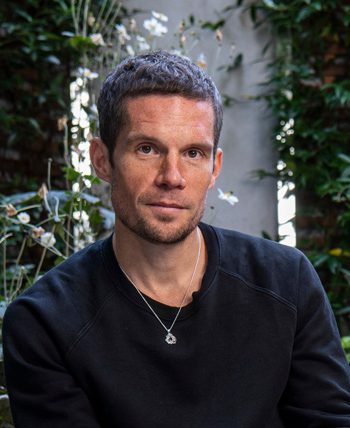
»Making a difference to the world – it’s hard work but actually great joy as well.«
In your former life, before Pentatonic, you made a career in marketing with various global brands such as Puma, Levi Strauss and Nike. What insights from these times have shaped you?
It was like getting an advanced education in terms of innovation, marketing, costumer centricity and how to present it in a really inspirational way. But I always felt the need to really ground my career in sustainability and turn my learnings from the previous twenty years into new models of positive consumption.
Creating relevant, useful and high quality products and services that are beneficial to the environment. So, my career before Pentatonic was a journey to what I am doing now and I certainly learned an awful lot along the way.
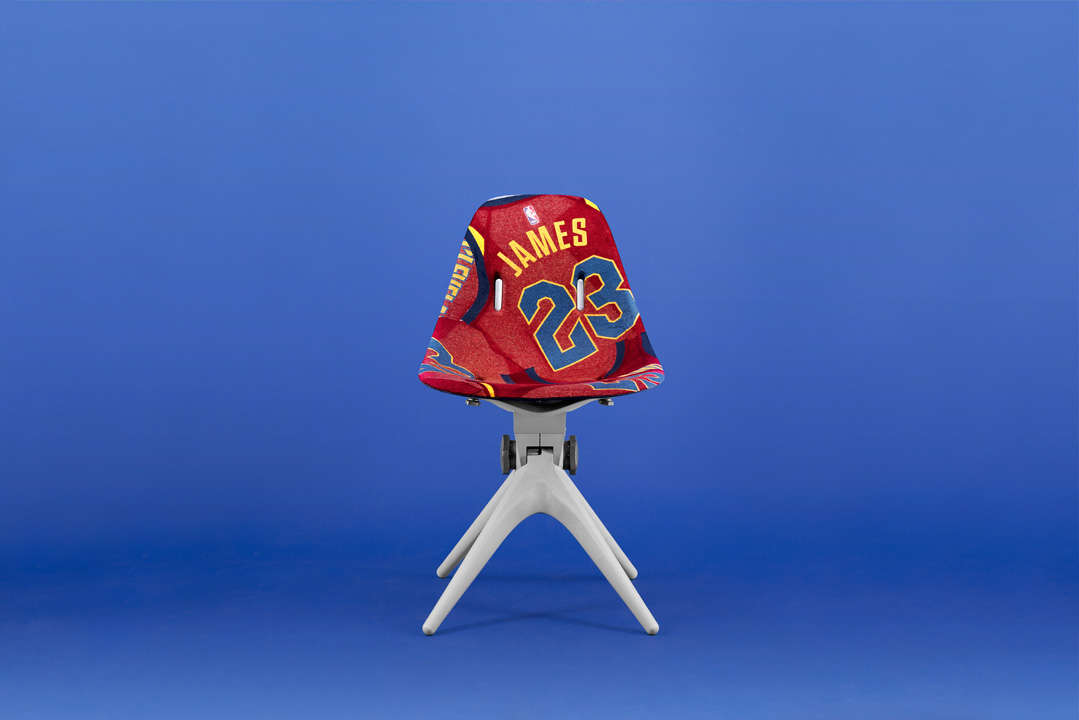
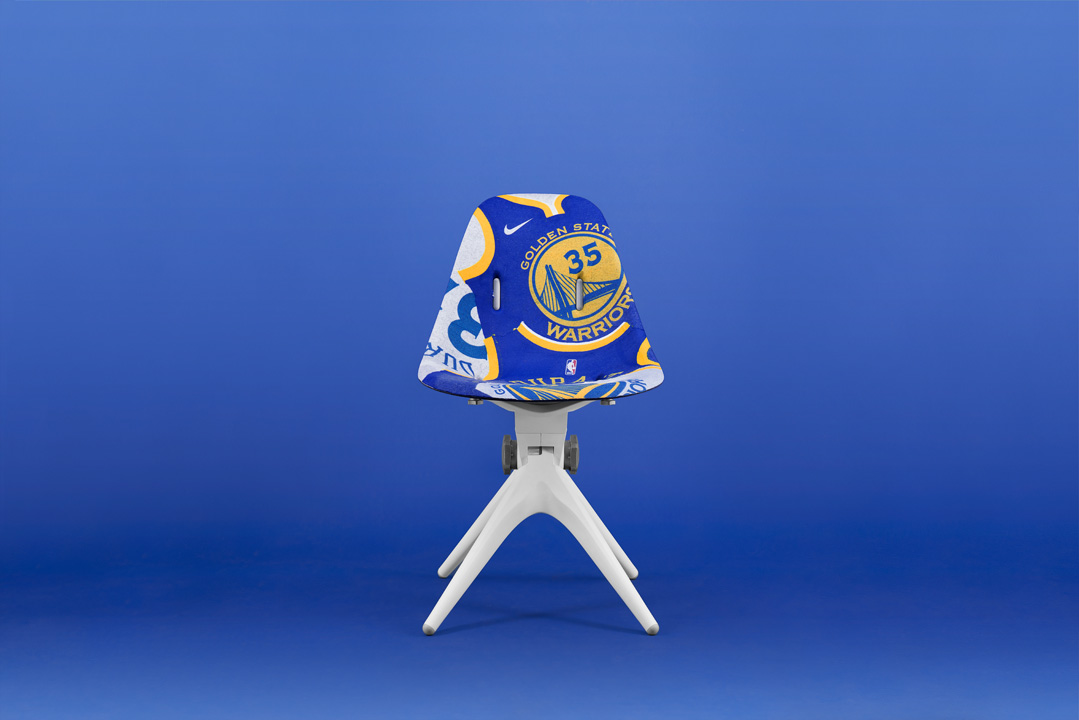
How did the partnership with Johann (Pentatonic co-founder) come about?
Johann and I worked together on some projects in the early 2010’s. We got to know each other and found very quickly that we shared the belief that the future of the consumer marketplace was going to be circular.
Are you working with a fixed pool of specific suppliers or does that vary?
We have our own R&D and manufacturing facilities as well as a supplier and partner network of around 500 third parties that we work with. For example, in the north of England, we’re part of a joint venture with Masuku, a company that specialises in air filtration technology and produces recyclable and compostable face-masks.
Often challenge is the curation of a supply chain because there isn’t that one factory in the world that can make trays out of old toys for example, like we did for Burger King, or one that could make fabrics out of Starbucks waste for accessories to sell in their Flagships.
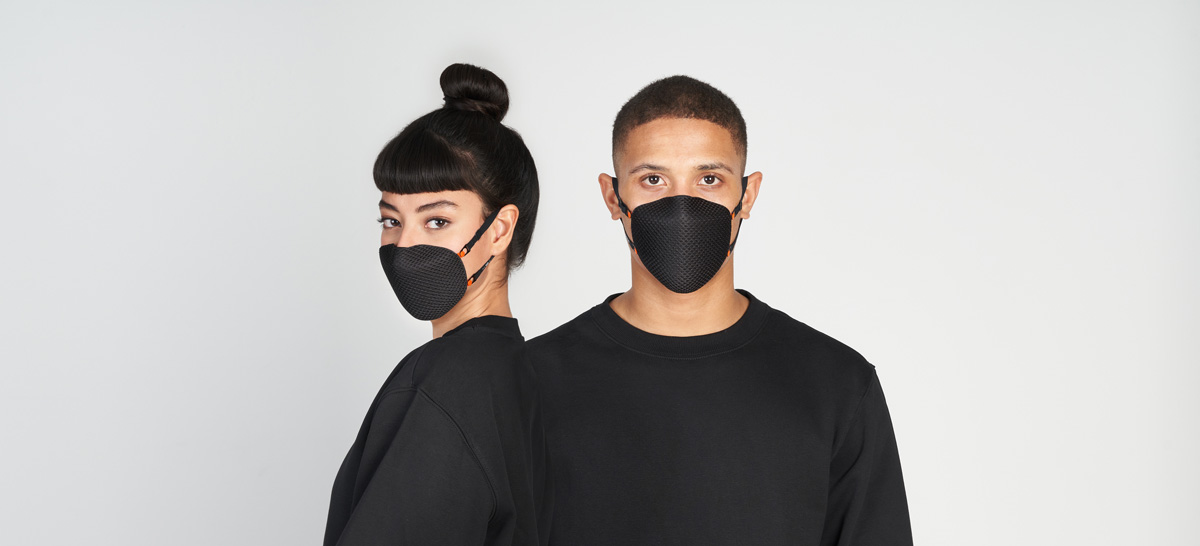
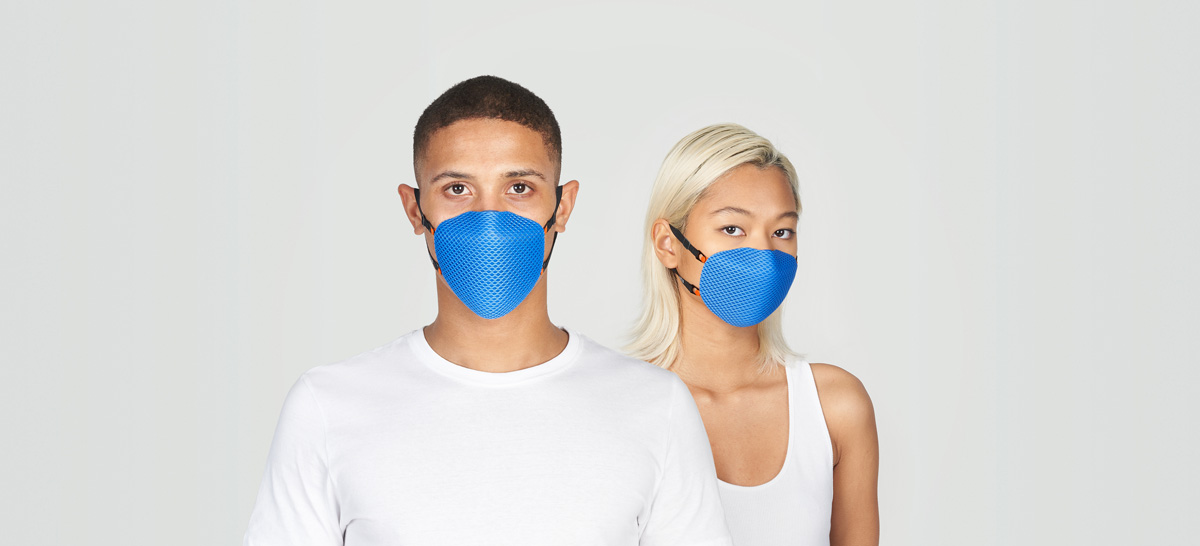
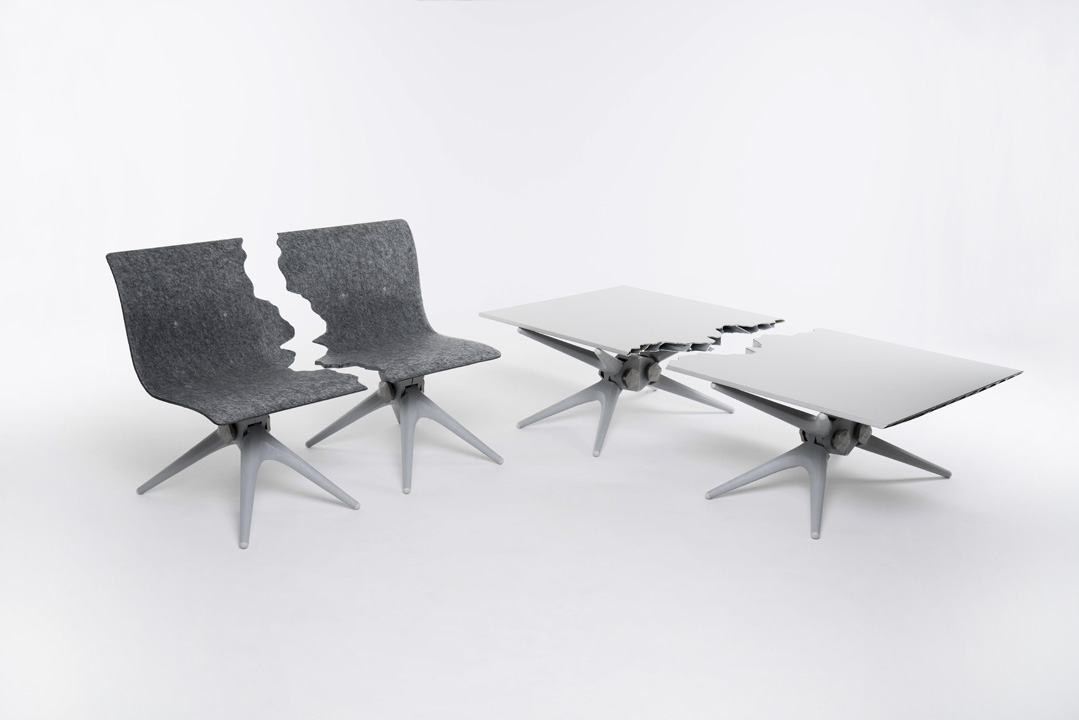
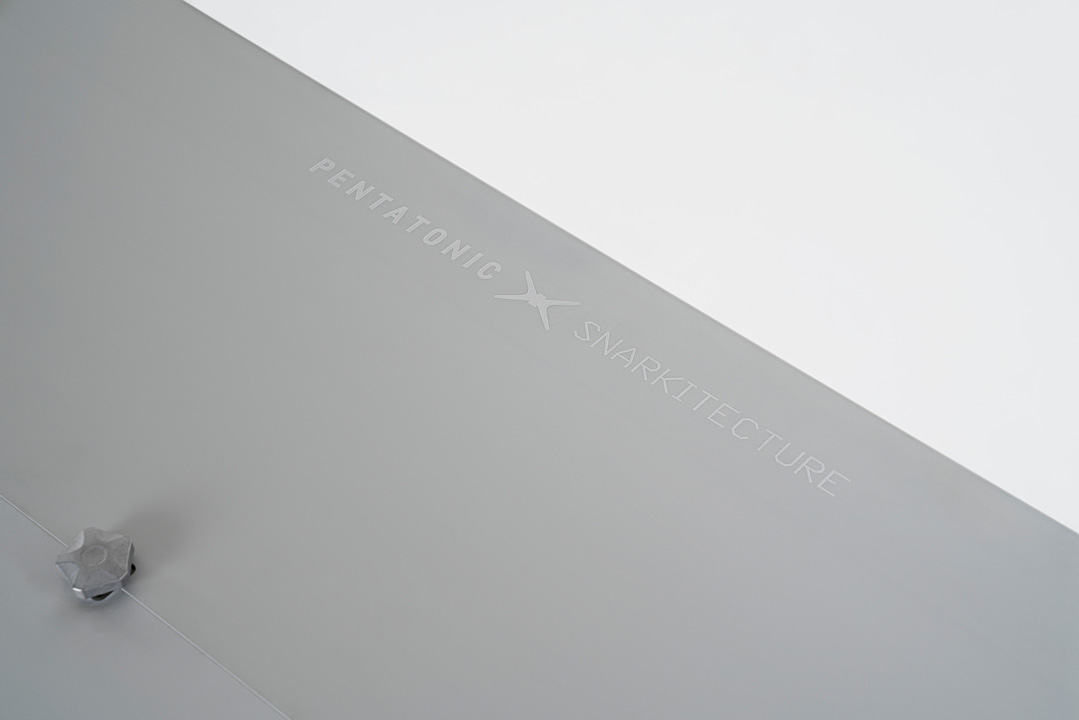
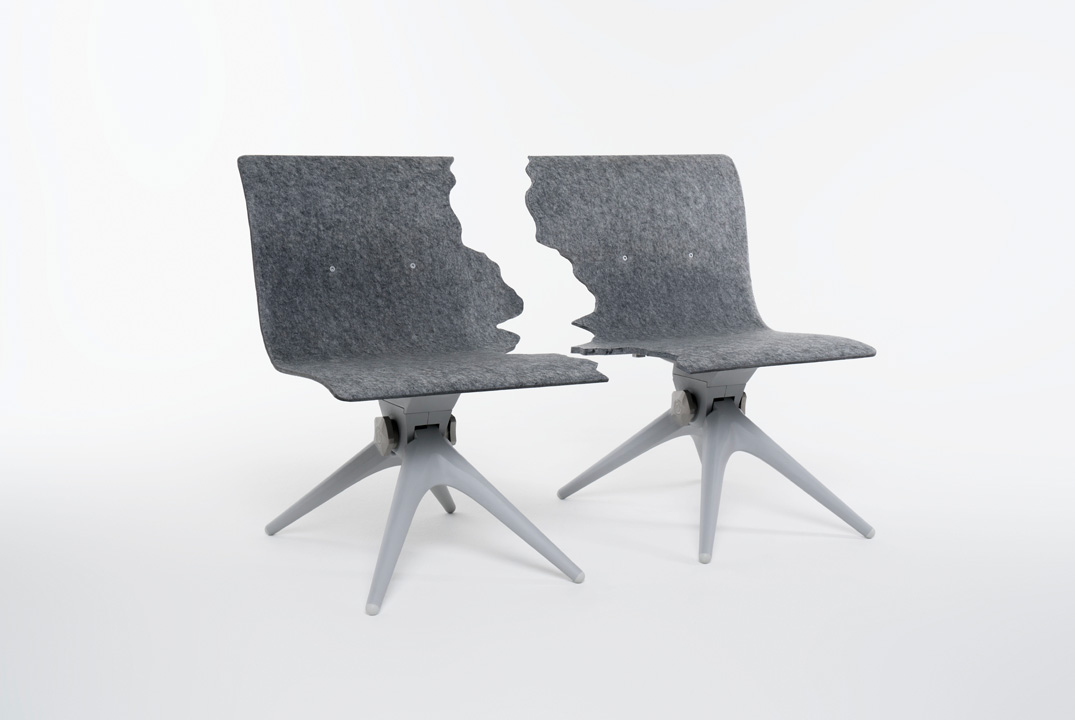
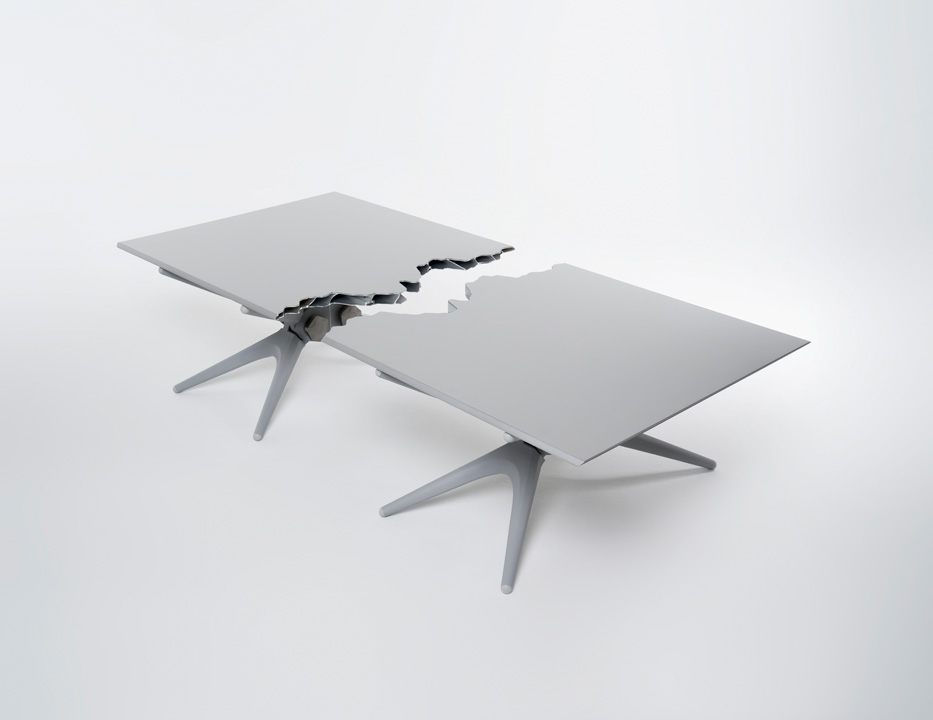
You mentioned it before, there are more and more companies who also commission you to design a complete transformation of the manufacturing and logistics process, so that must be a really exciting part of your work…
We are frequently appointed by brands with a history of fifty or hundred years of success to help to reflect the past and turning it into a plan for the decades ahead. It’s about taking the core identity of a brand and making it future-proof, and making it work for the twenty-first century. So that’s the really rewarding part of our work, if we can help brands to transform their business into circular models and keep growing sustainably.
It’s just exciting to witness the achieved impact, when you are working with a big partner that has 300,000 cafés or 4,500 retail stores, for example. Making a difference to the world, the environment and doing it in dynamic and intelligent ways – it’s hard work but actually great joy as well. We do an awful lot of reconfiguration for our clients that we never talk about because the work is confidential, of course. What you see on our website is probably just 25% of the work we’ve actually done.
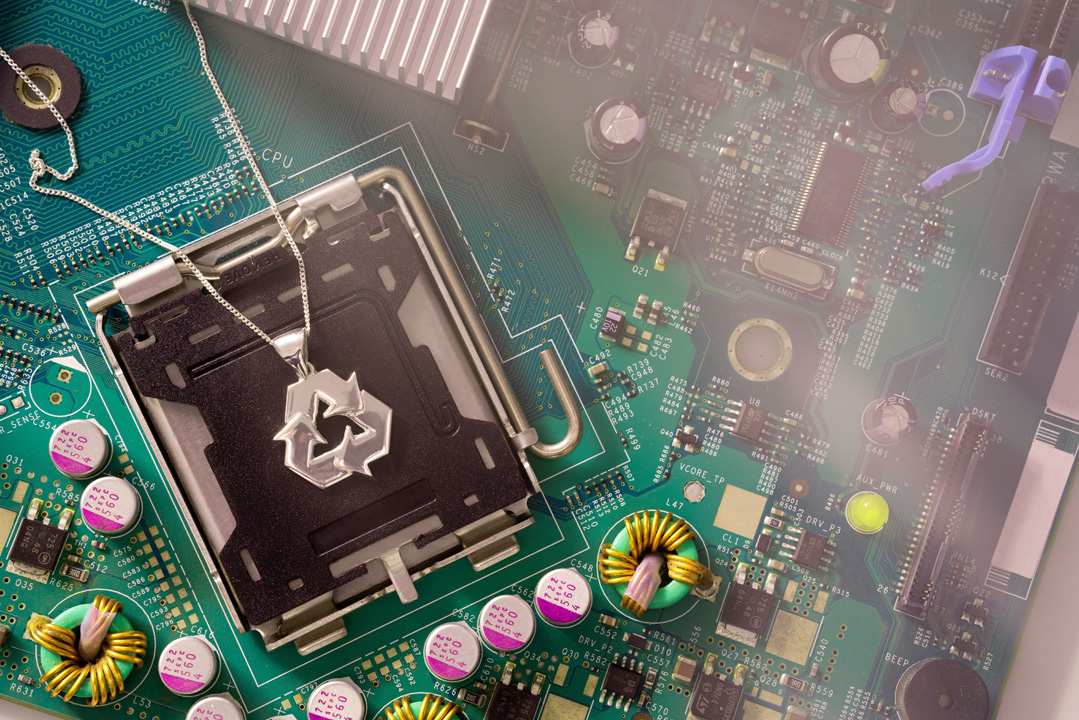
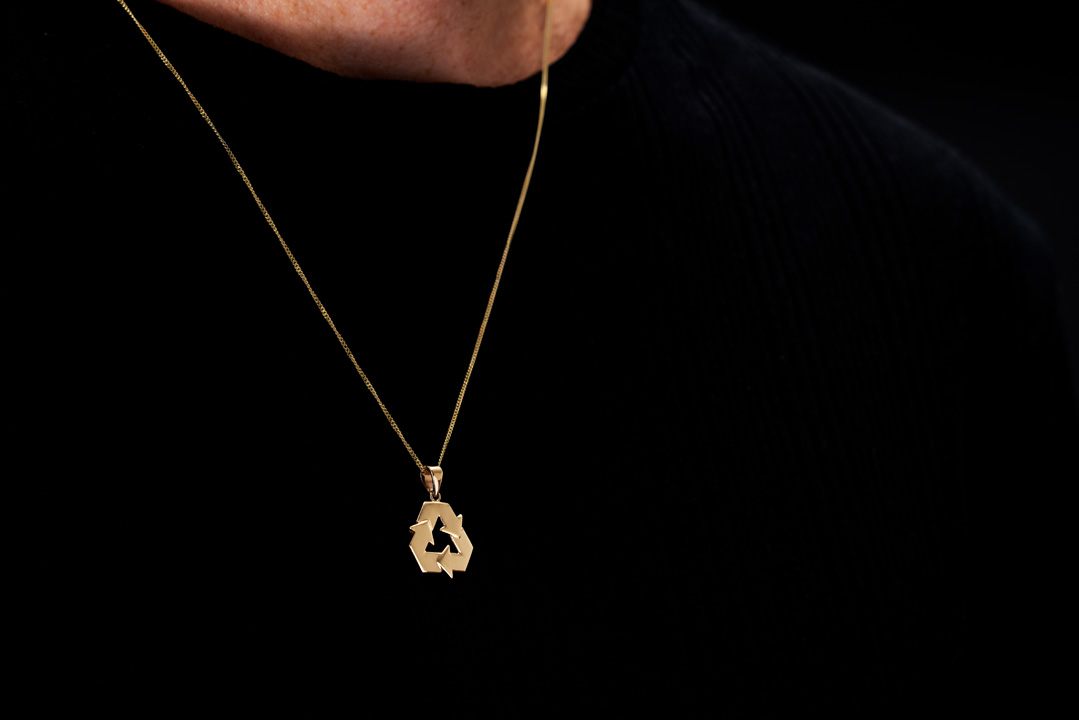
You mentioned before that you have subsidiaries in the UK and in the States, what about Asia? Will we see Pentatonic Asia in five years’ time?
Absolutely, we have a lot of experience throughout the company in the Asian marketplace. So it’s definitely high on our agenda to leverage and serve that market, you will see a lot more of us in Asia in 21 and beyond.
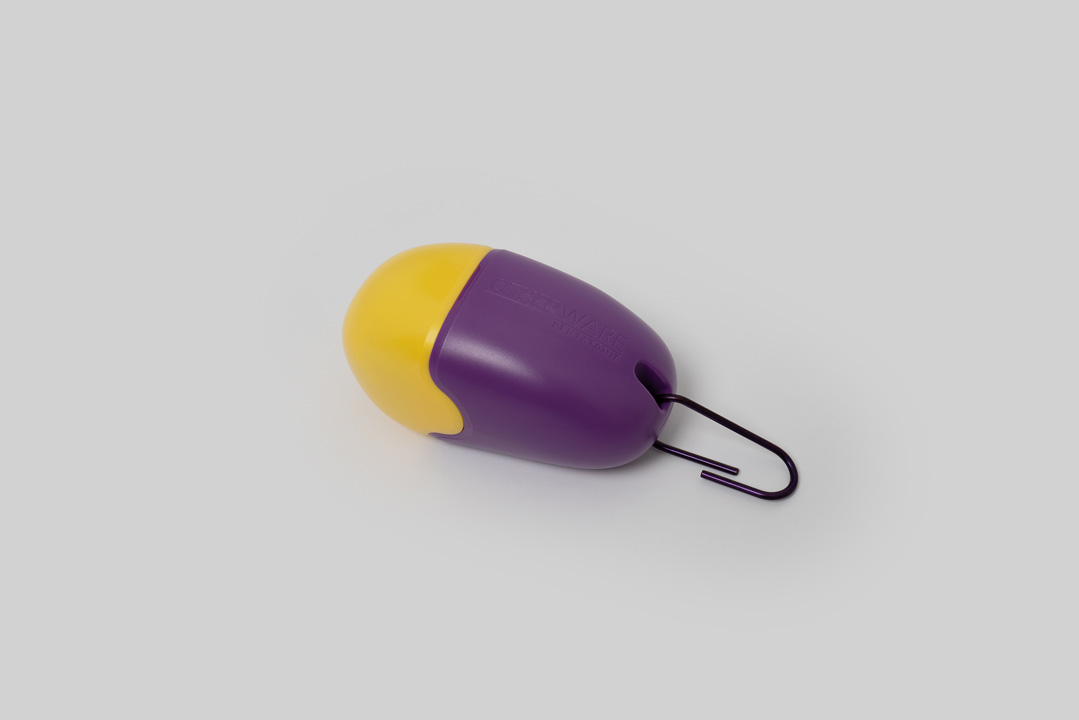
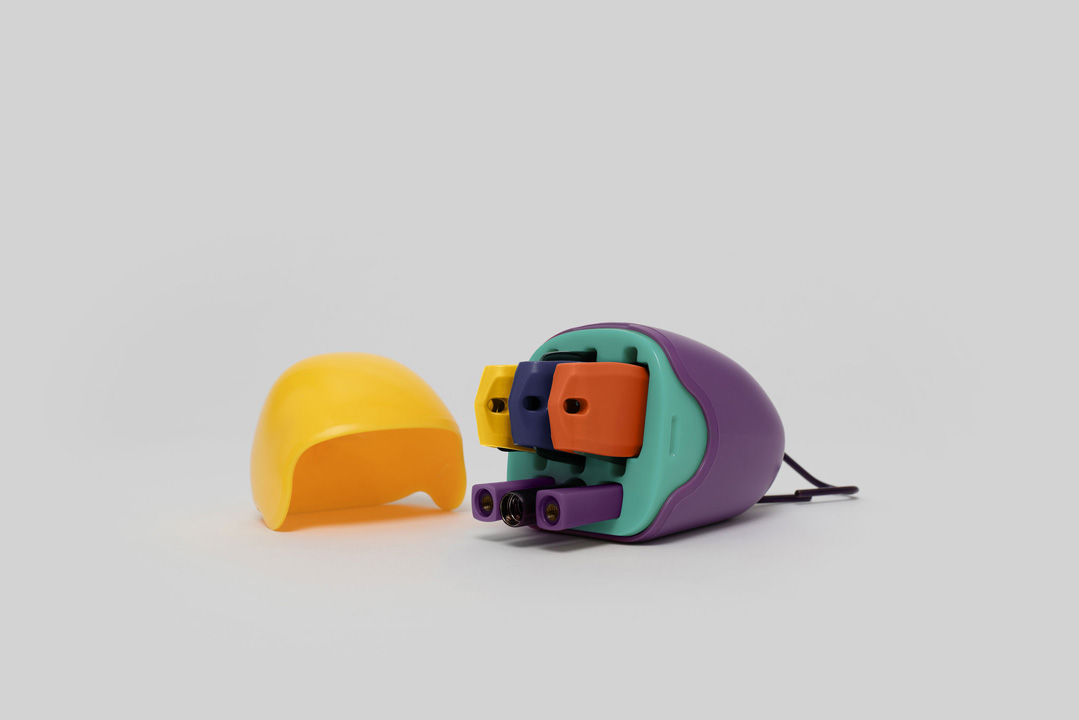
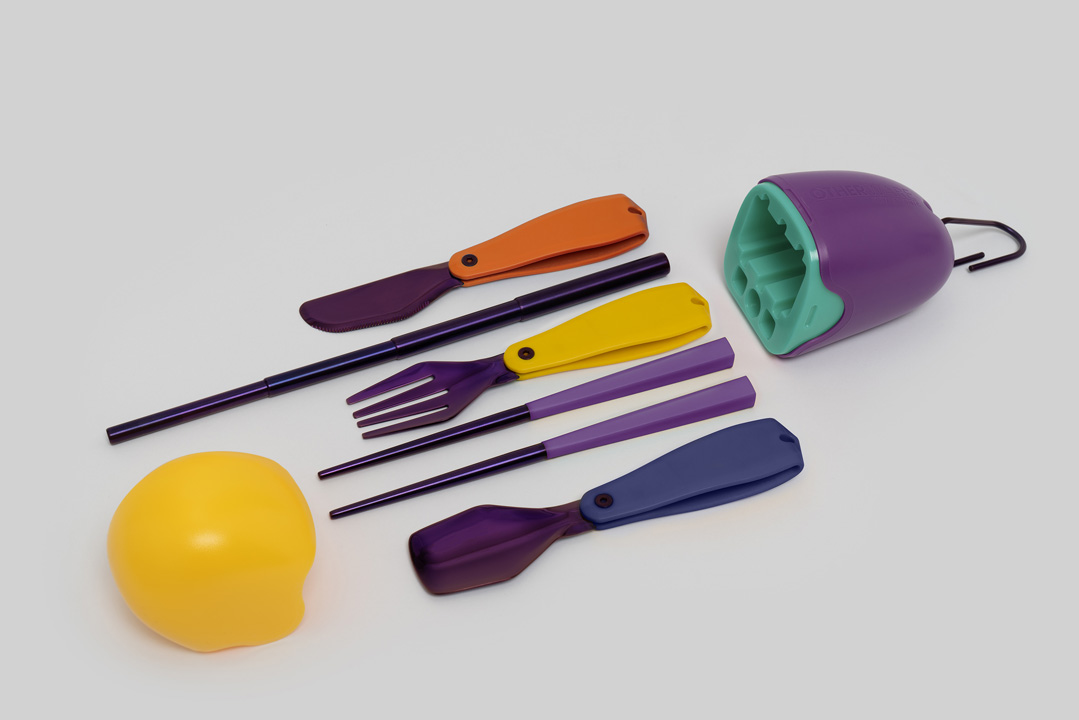
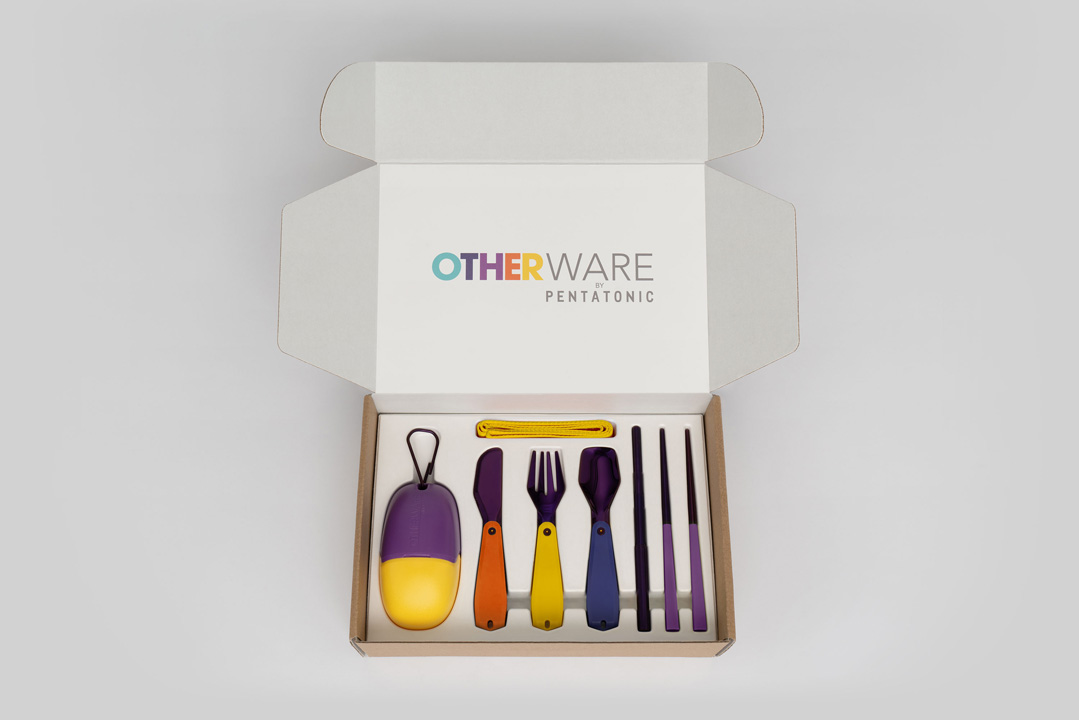
Apart from working for other brands, Pentatonic created its own, called OTHERWARE. What’s it all about?
In collaboration with Pharrell Williams’ creative collective ‚I am OTHER‘, we created a product called ‚the Pebble‘. It’s basically a reusable dining kit and it’s all kept together in a tiny little beautiful case. It’s made of recycled CDs, your hygienic and your personal dining companion for wherever you go.
Now more than ever, people understand the need to have cleanliness when eating as well as avoiding single-use plastics, so it’s been an overwhelming success. We decided to keep investing in that partnership and developing and adding new functions and details – I can’t say too much right now, but there is a lot to come from there.
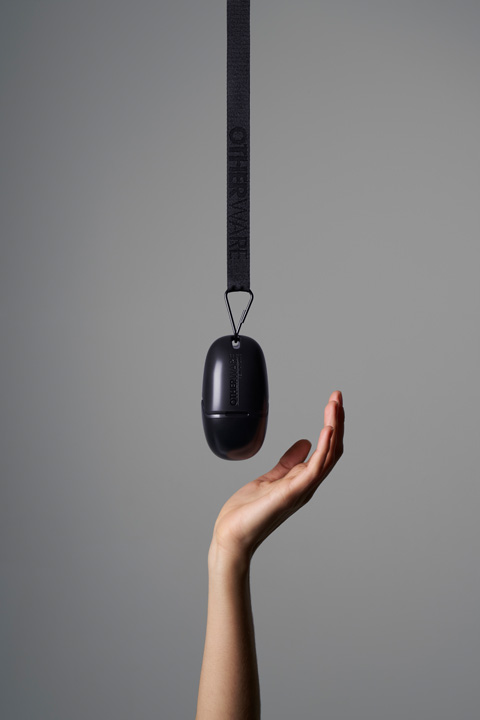
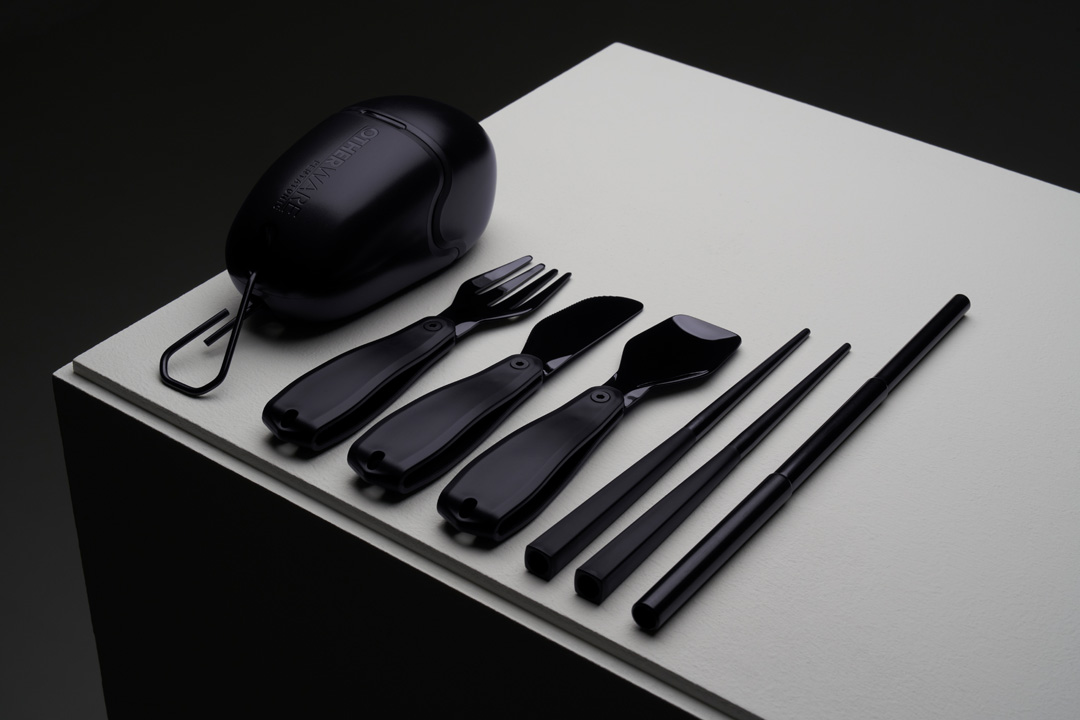
What about POST SEASON, your initiative to help fashion and apparel companies move out of the linear take-make-waste model and into the circular economy. Does it work?
The response was pretty overwhelming and pretty eye-opening as well. It’s such a huge opportunity that it isn’t about quick fixes. It’s about tackling the challenges on a larger macro level that will involve a number of big players from the industry. POST SEASON is an ongoing initiative, and the first products of this campaign will be introduced before the end of this year.
Have you become more optimistic over the years, or did you have to learn to be more patient? Or both?
It’s a good question. I think I feel optimistic and pragmatic at the same time. So, my optimism comes from when I compare where the world is now to five, six years ago in terms of an understanding of the need for doing things better from a sustainability standpoint. When I left Nike to set up Pentatonic people said: “You’re mad, you’re crazy, the sustainability thing really is not going to be a thing that will last.” In the meantime, I have been congratulated on that decision frequently, such is the urgency for change that has become more widely understood. But there is still so much to do.
One thing we need to get rid of for example, is the highjacking of phrases that are being misused in marketing and confuse the general consumer. A lot of the big brands are giving consumers more questions than answers. That’s an aspect where we hope that our services and expertise can make a difference.
Thank you, Jamie!


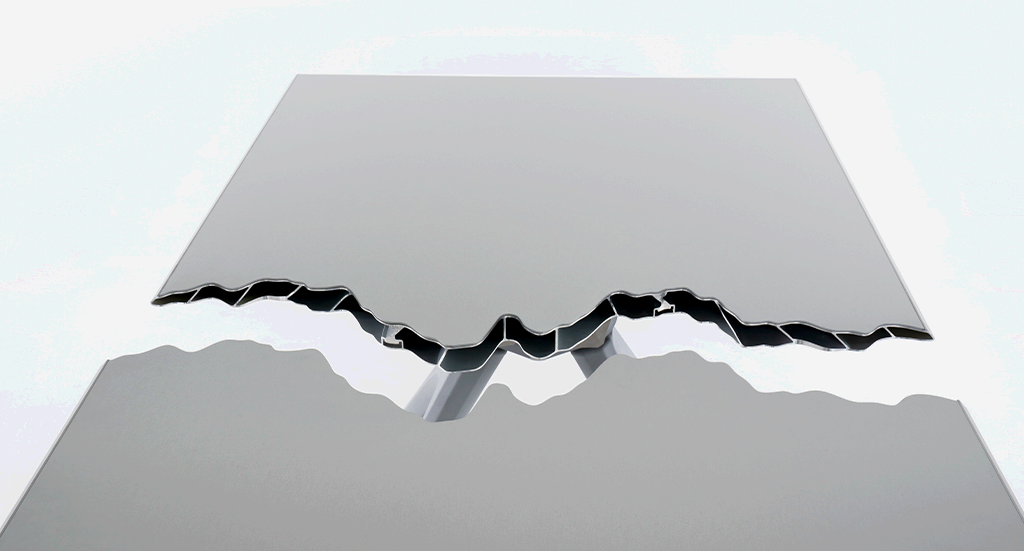
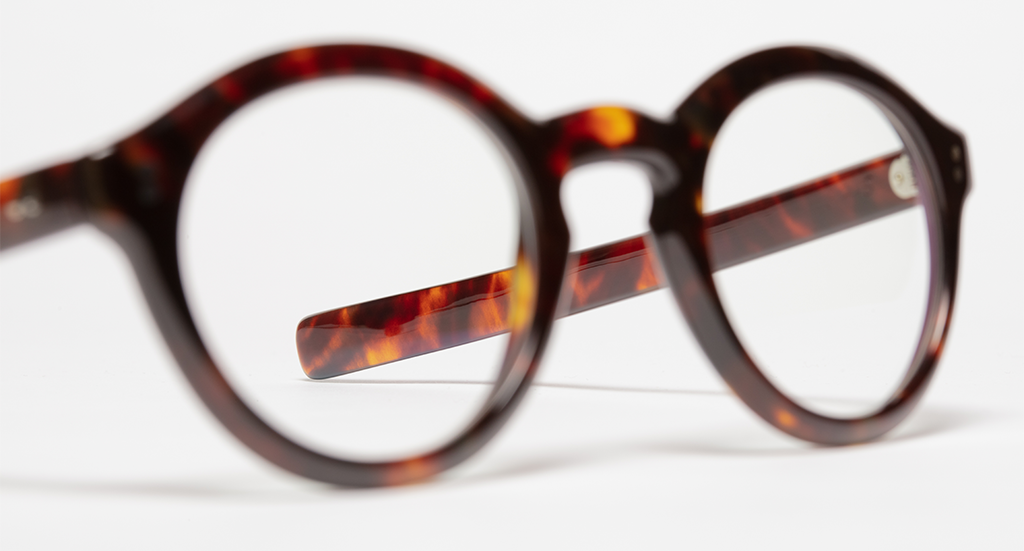


Join our Community